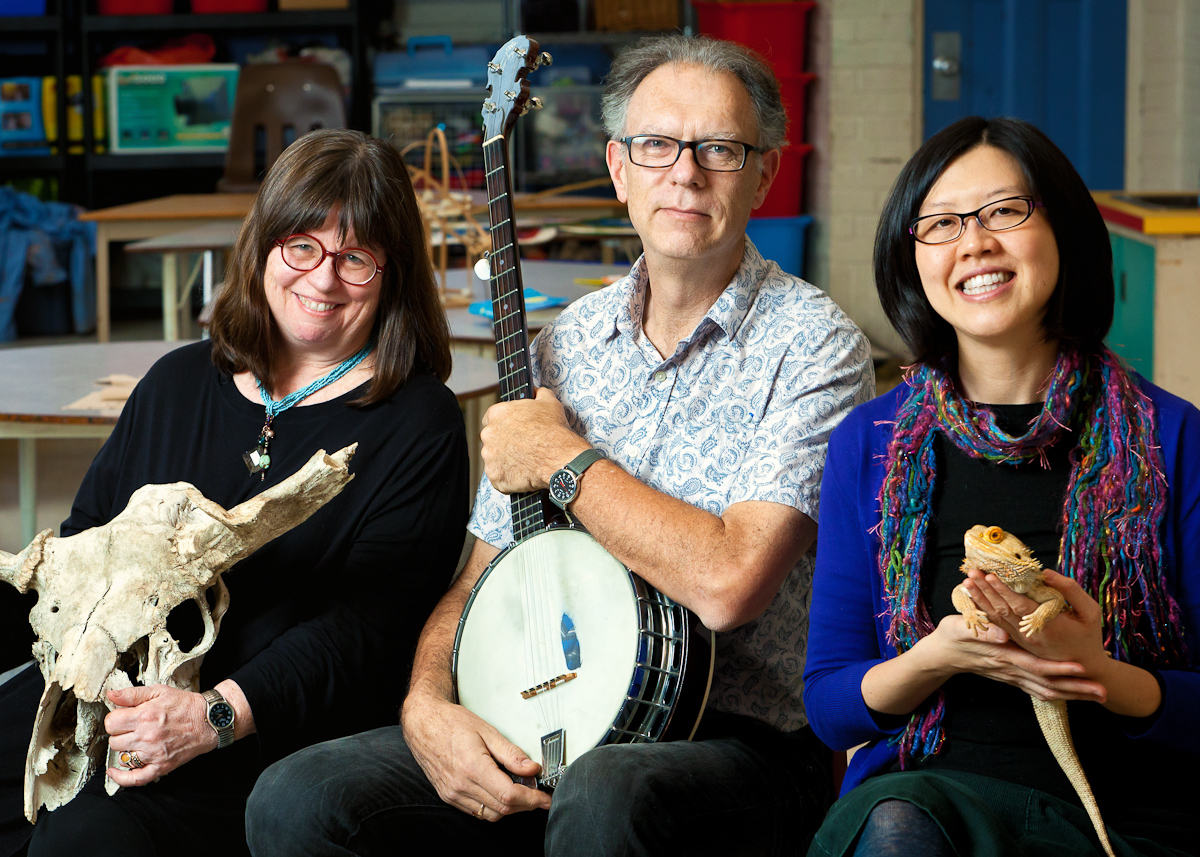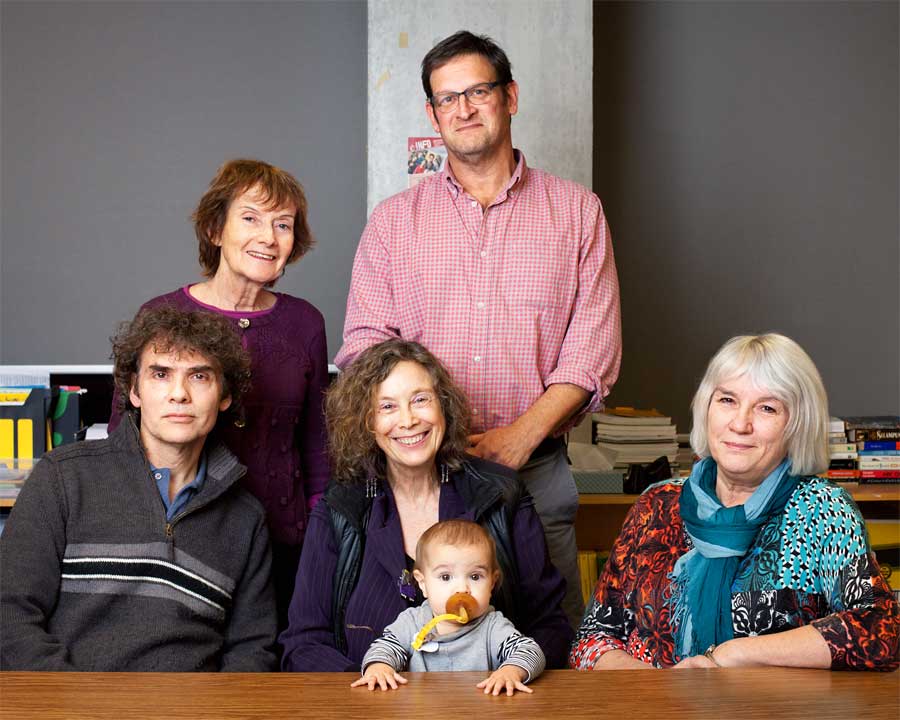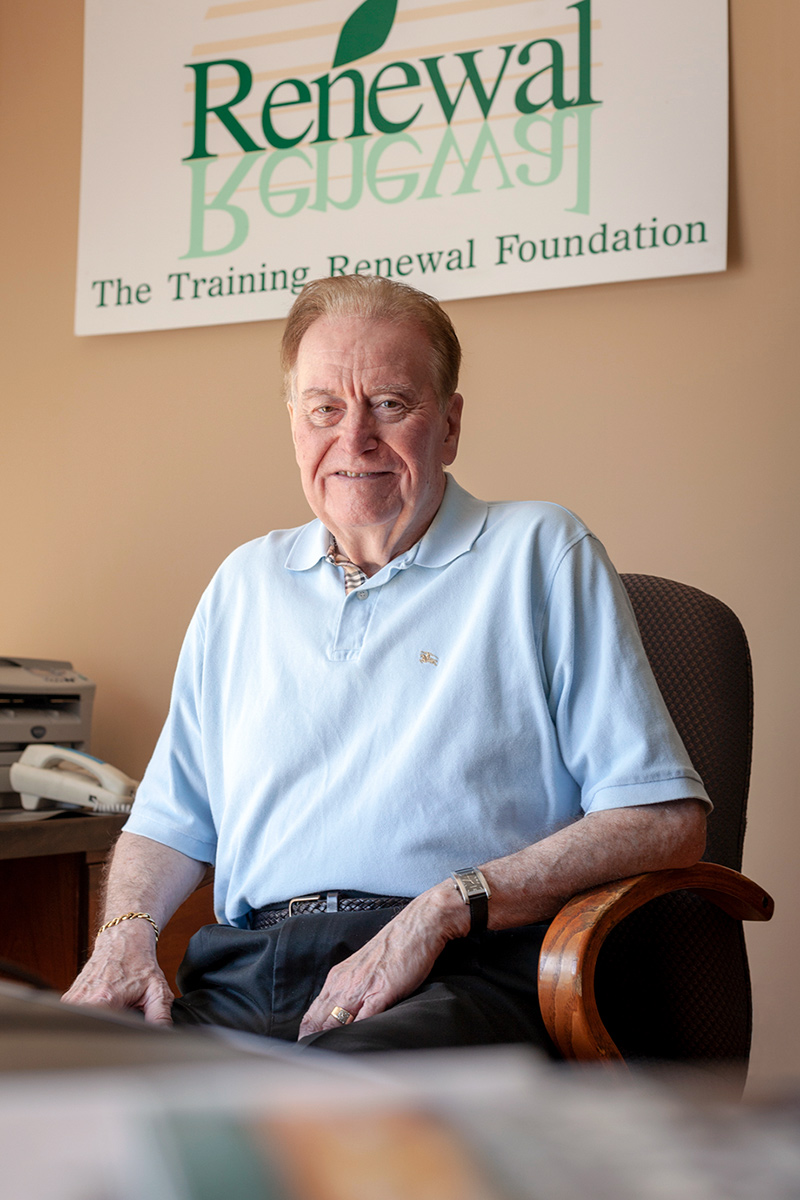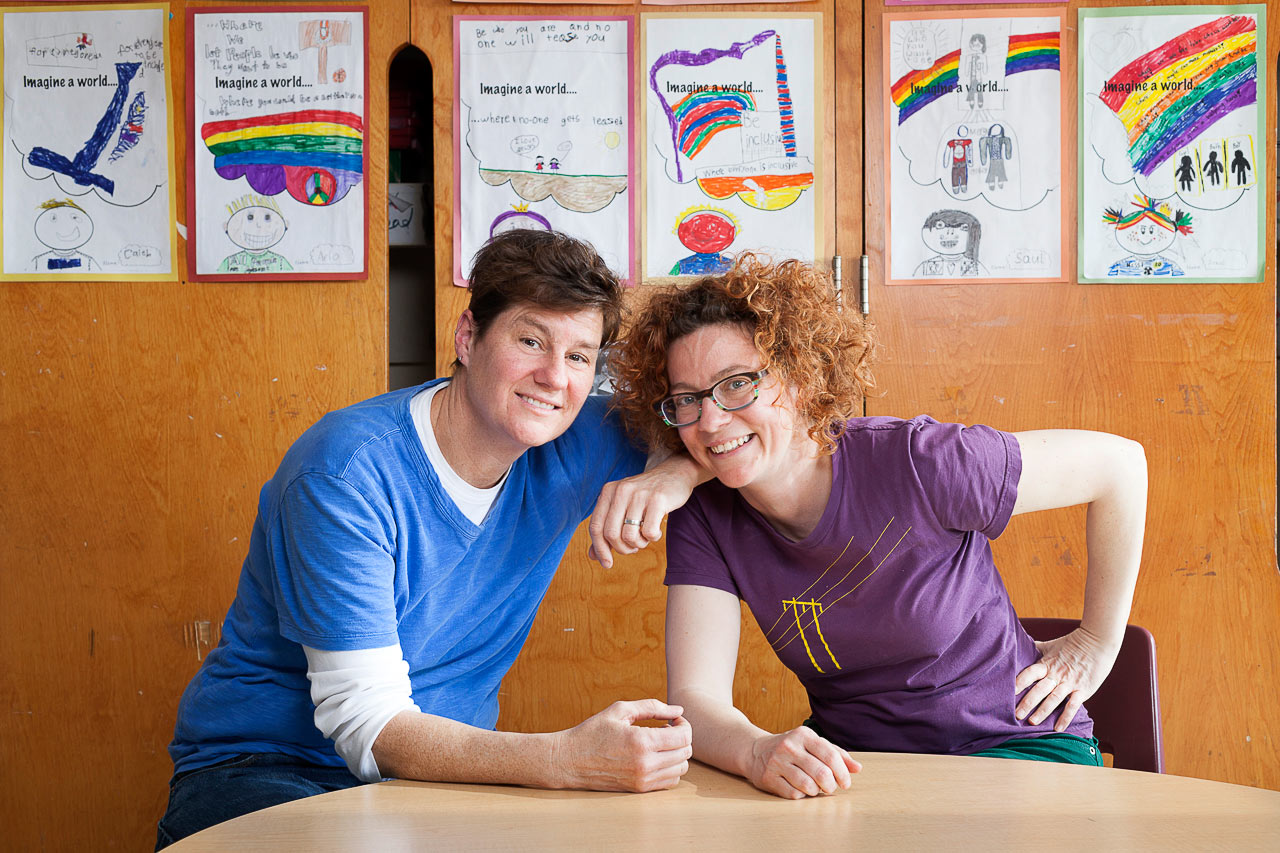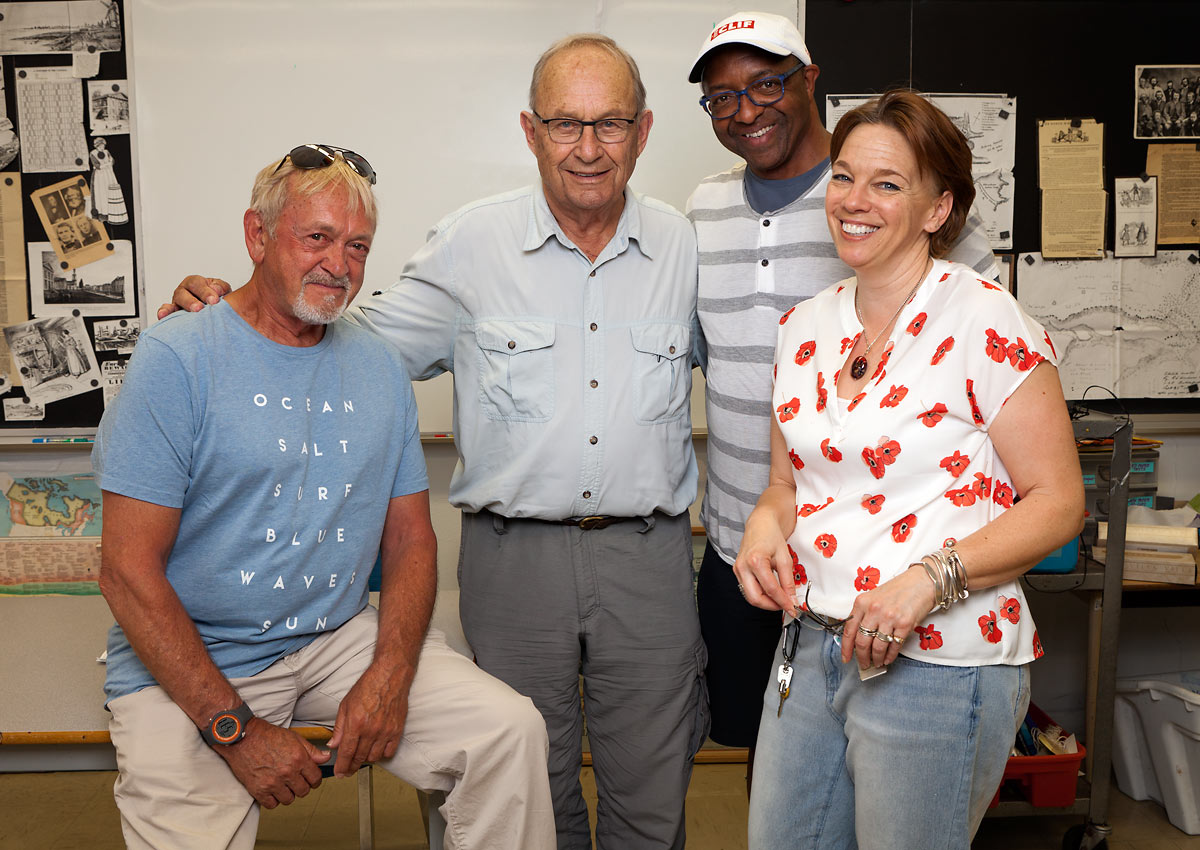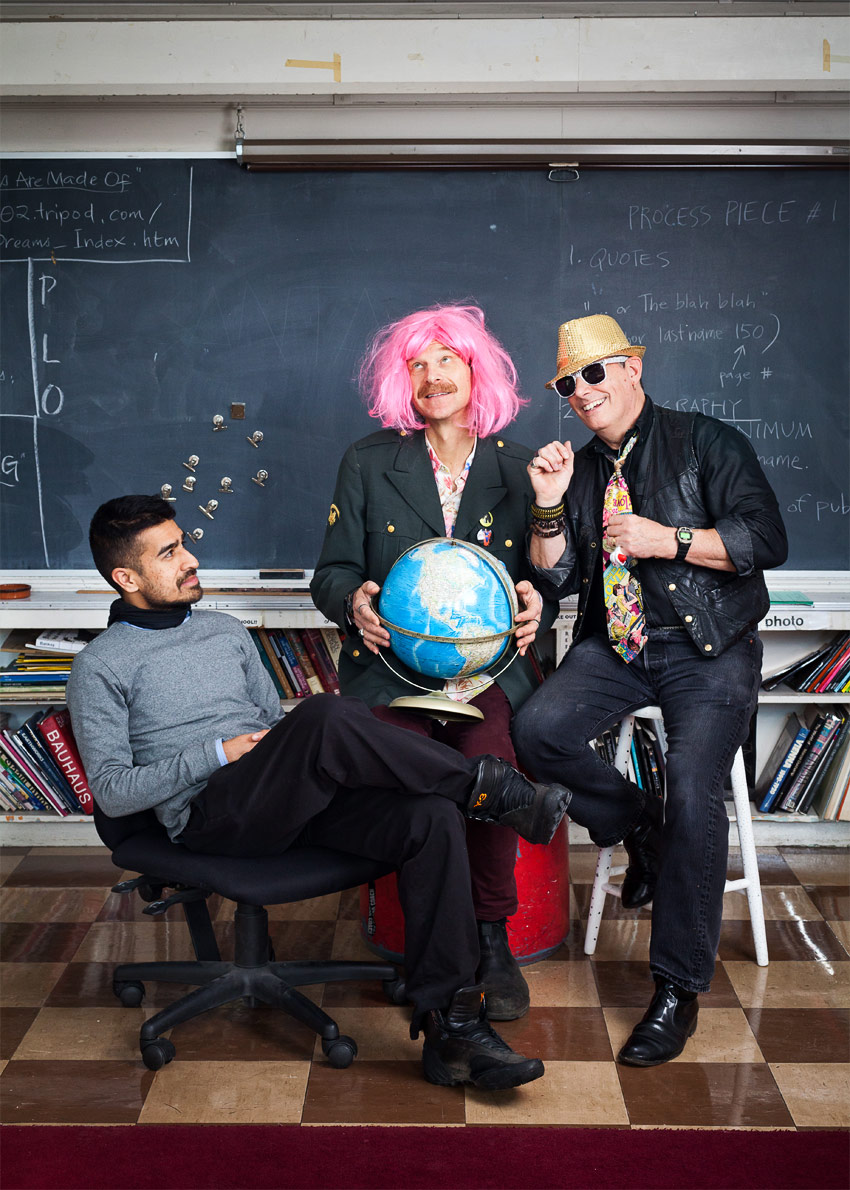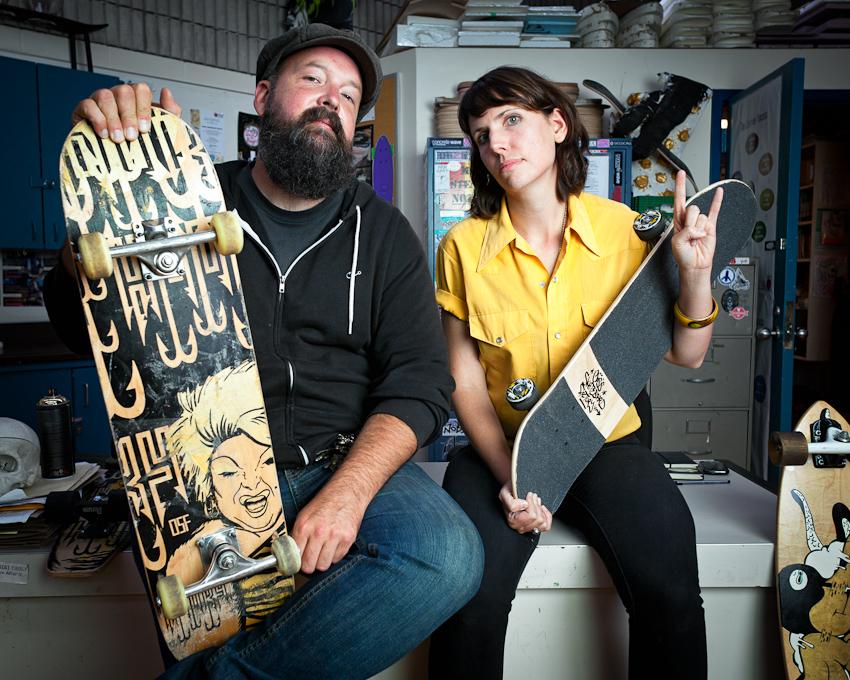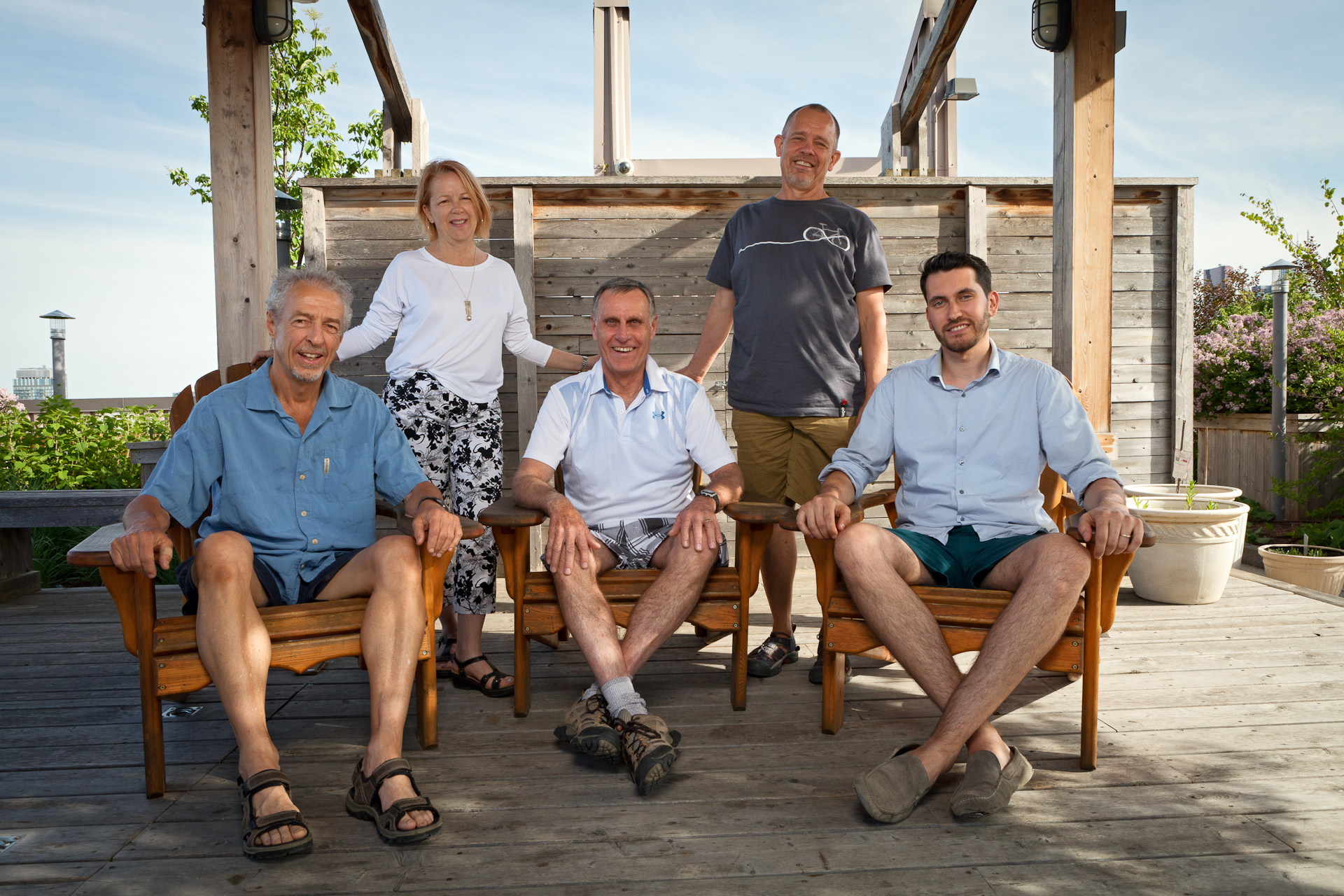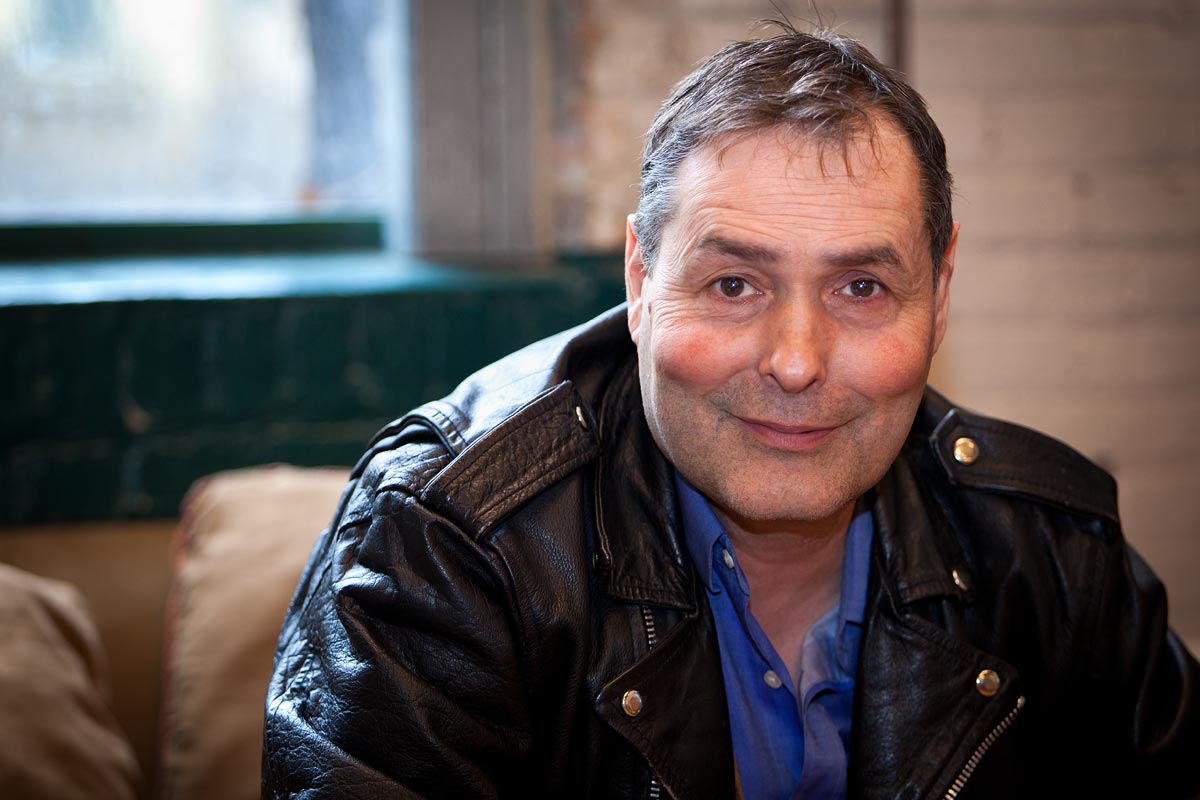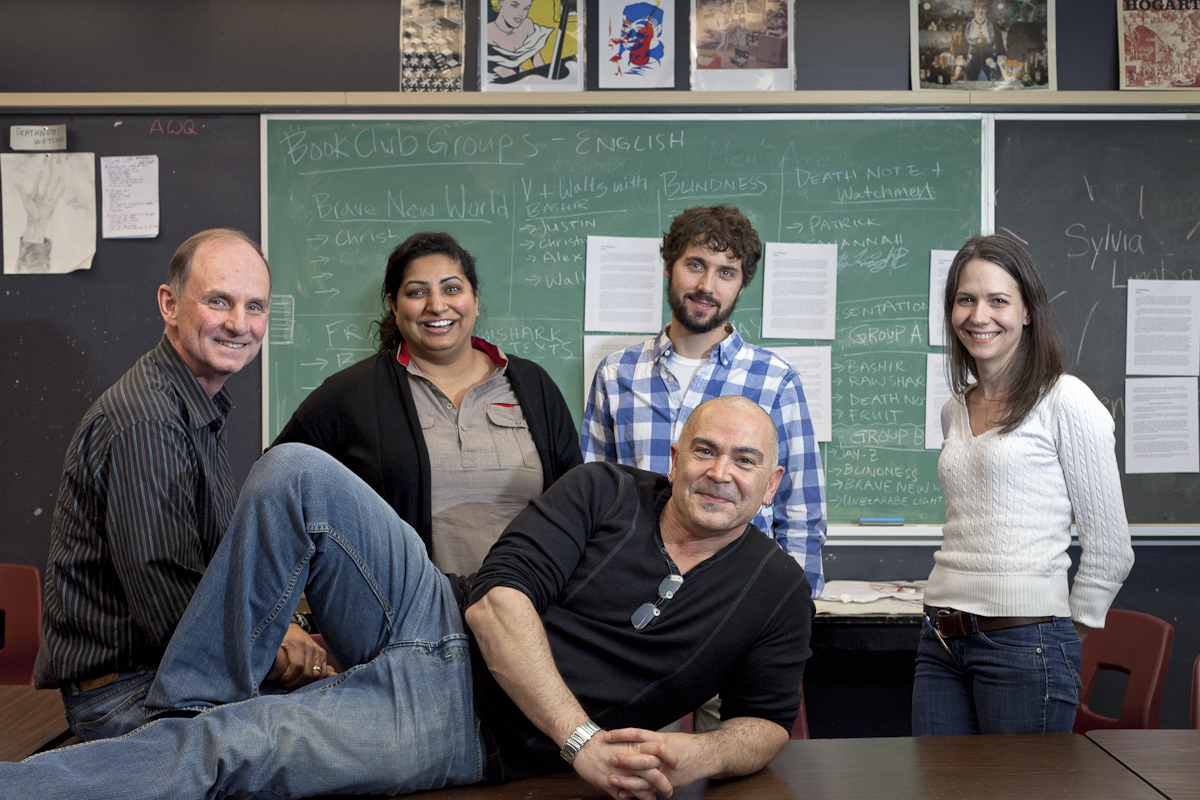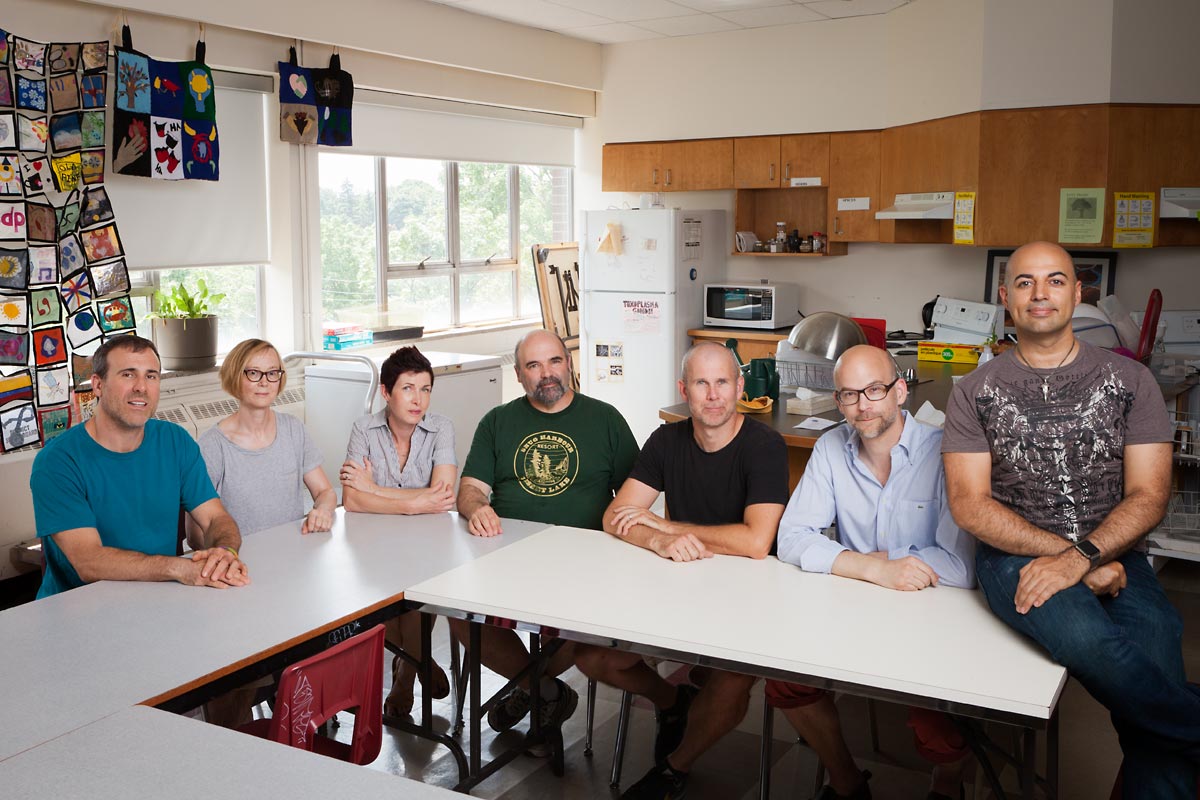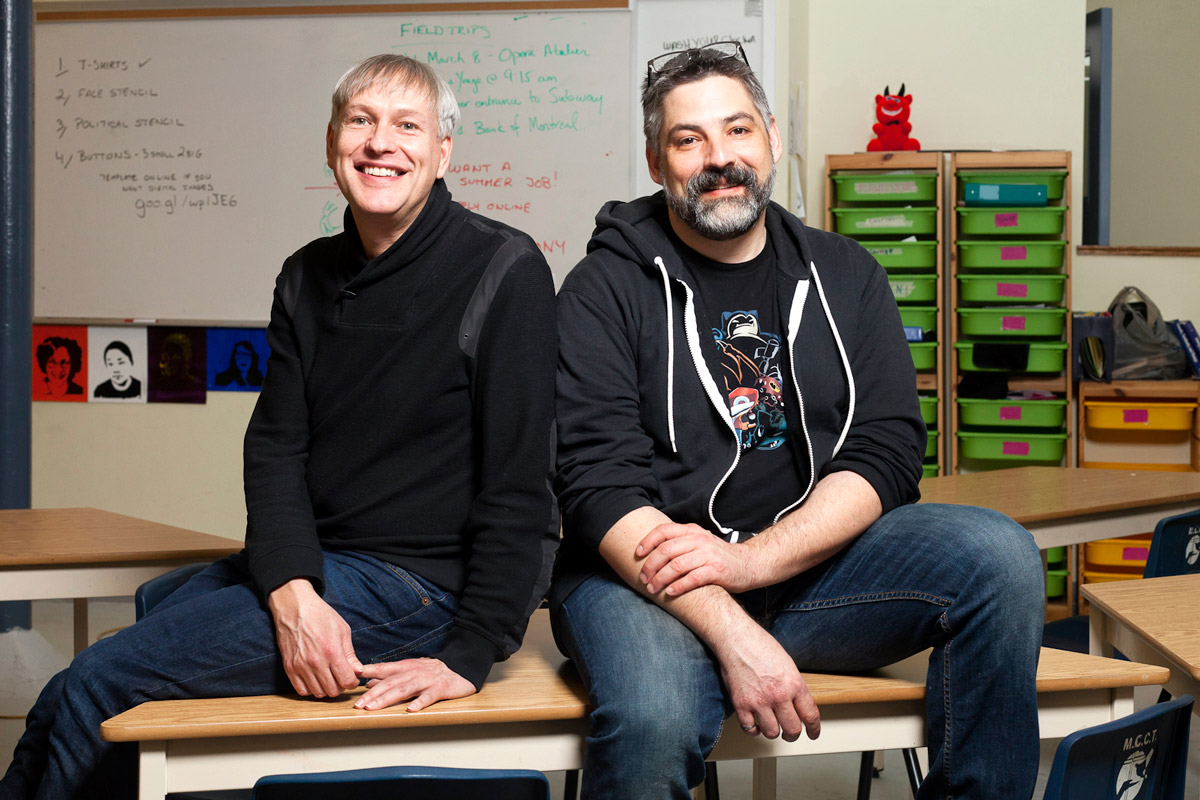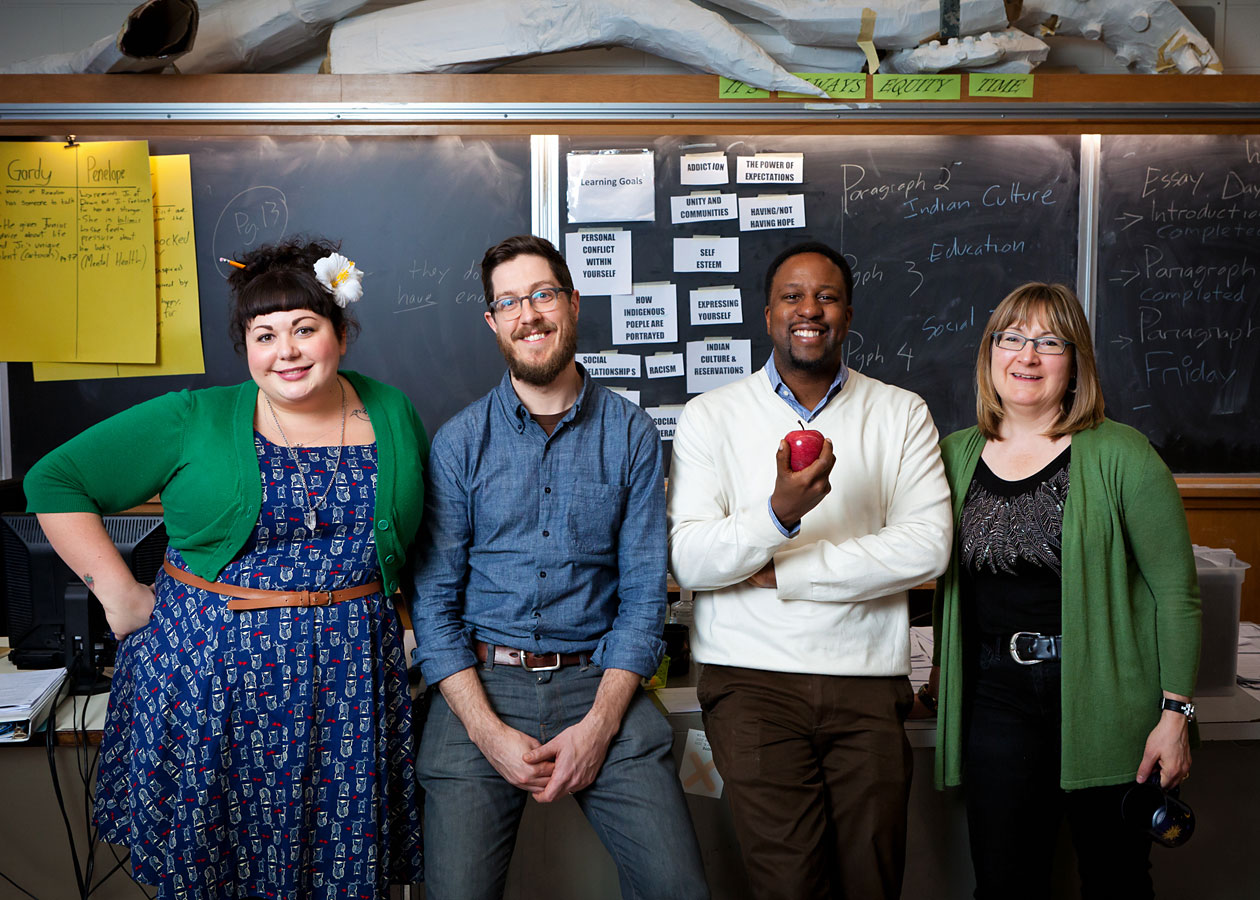Teachers are the unsung heroes of alternative education. Students and parents may come and go, but teachers provide continuity and institutional memory, year after year, decade after decade, often in a career-long commitment to one school community.
Fieldwork: Talking with Teachers in Alternative Schools
Photographs by
Michael Barker
Text and Interviews by
Ariel Fielding
These teachers tailor their teaching to the individual interests and needs of each of their students to a degree that would be impossible in a mainstream environment, typically cultivating the development and learning skills of every young person in their care over a period of several years, monitoring progress qualitatively and holistically without resorting to reductive letter or number grades. At the same time, alternative school teachers are often the people who hold a school community together, navigating conflict, cultivating trust, ensuring that young people have a voice in the community, encouraging the full participation of parents and caregivers, in the case of public education building diplomatic relations with the school board, and keeping the school true to its mission.
Having documented the 40th anniversary of one of Canada’s first alternative schools from the perspective of a group of former students (ALPHA Alternative School 1972/2012), we discovered that we had contributed to a growing body of work about alternative school graduates. There is a cultural fascination with the idea that a young person could be unschooled, free schooled, democratically schooled, or engaged in any variety of self-directed learning that happens outside the mainstream, and still turn out a well-rounded, smart, interesting, creative, responsible, reasonably happy and productive person. The work that has been produced in recent years focuses for the most part on alternative school students, and does not yet contain much documentation of the teachers who devote their lives to alternative education. Who are these teachers, we wondered? Are all of them as interesting as the people who taught us? What drew them to their work, and what kept them there? We decided to find out.
A note from the creators of this project: Completed in 2019, this project represents one moment in the life of each of the twelve alternative schools we profiled. Since then it has become something we had not expected: a resource for parents researching the landscape of public alternative schools. Communities are shaped by their members, and they tend to change and be changed over time. If you are a parent, consider our project only one possible starting point for your exploration.
